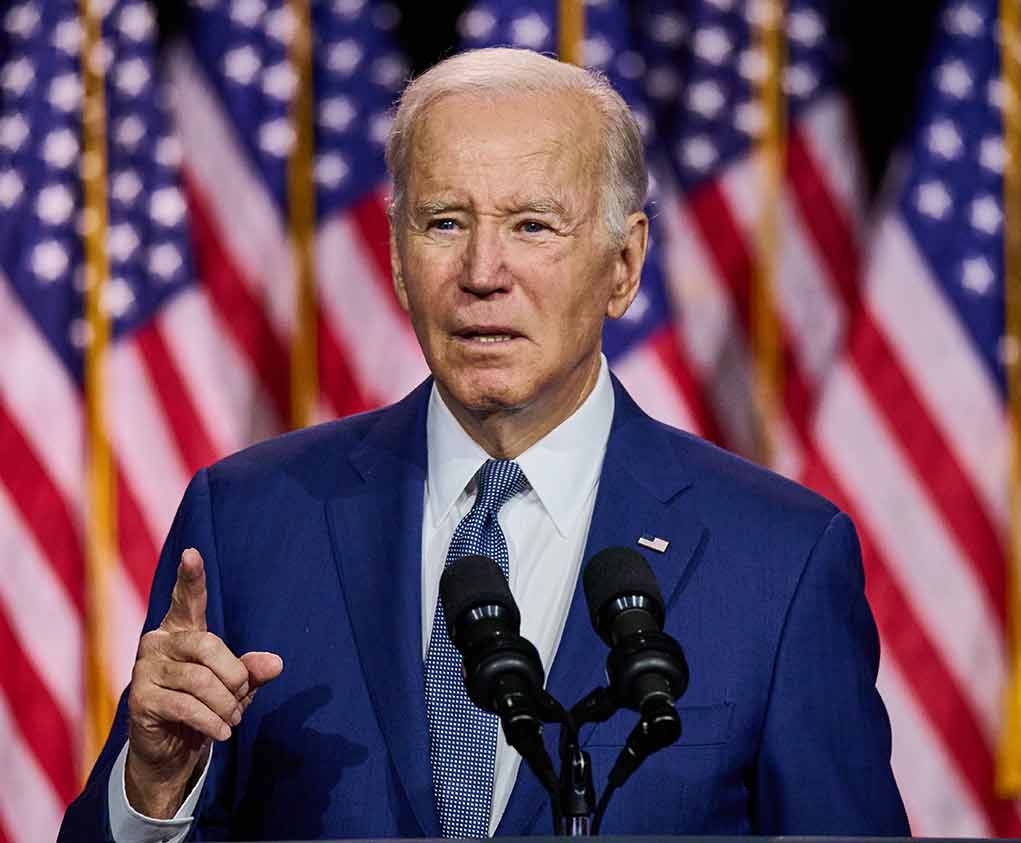
Former FedEx board member David Steiner’s appointment to head the struggling U.S. Postal Service has unleashed a firestorm of controversy as unions condemn what they see as a corporate takeover of America’s mail system.
Key Takeaways
- David Steiner has been appointed as the next USPS Postmaster General, pending ethics and security clearances, with his term expected to begin in July.
- The USPS is in dire financial straits, having lost $9.5 billion in fiscal year 2024 and reporting a net loss of $3.3 billion in the second quarter.
- Postal unions have vigorously opposed Steiner’s appointment, citing his FedEx board position (which he will relinquish) as a conflict of interest.
- Steiner will lead the USPS through its 10-year “Delivering for America” plan while facing criticism about potential privatization under President Trump’s administration.
- USPS has proposed significant price increases effective July 13, including raising Forever stamps from 73 to 78 cents.
Corporate Executive Takes Helm of Struggling Postal Service
David Steiner, a FedEx board member and former CEO of Waste Management, has been selected to lead the financially troubled United States Postal Service as its next Postmaster General. The appointment comes as the USPS faces mounting challenges, including massive financial losses totaling $9.5 billion in fiscal year 2024 alone. Steiner’s corporate background signals a potential shift in how the postal service will be managed under President Trump’s administration, which has previously considered privatization options for the institution that has served Americans since 1775.
“I deeply admire the public service and business mission of this amazing institution, and I believe strongly in maintaining its role as an independent establishment of the executive branch,” said David Steiner, incoming Postmaster General of the United States Postal Service.
David Steiner, a former CEO of the nation's largest waste management company who currently serves on the FedEx board of directors, is poised to take over control of the U.S. Postal Service, becoming the nation's 76th postmaster general.https://t.co/9EV8mEetg3
— CBS News (@CBSNews) May 10, 2025
Union Opposition and Concerns of Privatization
Postal worker unions have reacted with alarm to Steiner’s appointment, viewing his FedEx ties as a significant conflict of interest that threatens the public service mission of the USPS. The National Association of Letter Carriers has been particularly vocal in opposing the selection. Union leaders fear that Steiner’s corporate background signals a move toward privatization, which they argue would prioritize profits over public service and potentially reduce mail delivery to rural and less profitable areas across America.
“His selection isn’t just a conflict of interest—it’s an aggressive step toward handing America’s mail system over to corporate interests,” said Brian Renfroe, president of the National Association of Letter Carriers.
Democrats in Congress have also voiced opposition, with Rep. Gerry Connolly calling the appointment “a blatant conflict of interest and an attempt by President Trump to install a handpicked loyalist who he believes will put his interests over what may be best for the Postal Service and the American people.” The controversy highlights the growing tension between maintaining the USPS as a public service versus running it with business-first principles that could fundamentally change its operations and mission.
David Steiner, a former Fortune 500 CEO, is poised to take over control of the U.S. Postal Service, becoming the nation’s 76th postmaster general. https://t.co/wxExof4mMD
— FORTUNE (@FortuneMagazine) May 9, 2025
Rising Costs and Declining Service
While leadership transitions unfold, American consumers and businesses face another round of postal rate increases. The USPS has proposed raising the price of a First-Class Mail Forever stamp from 73 cents to 78 cents effective July 13, along with increases for Priority Mail, USPS Ground Advantage, and Parcel Select services. These price hikes come as service standards have declined, with only 82% of First-Class Mail delivered on time this quarter, down from 84% the previous year.
“We anticipate that Mr. Steiner will join the organization in July, assuming his successful completion of the ethics and security clearance processes that are currently underway,” said Amber McReynolds, chair of the USPS Board of Governors.
Steiner will be tasked with implementing the remainder of the USPS’s 10-year “Delivering for America” plan, which aims to transform the Postal Service through operational changes and new offerings. The plan has already faced criticism for consolidating distribution centers and slowing delivery times, prompting Senate committee hearings. As of July 2024, Steiner owned 34,438 FedEx shares, raising questions about how completely he can separate his interests from his previous employer, which until recently was a major USPS contractor.
The Path Forward Under Trump’s Administration
President Trump has made no secret of his desire to reshape the USPS, having previously floated ideas for privatization and a potential merger with the Commerce Department. With his nomination of Anthony Lomangino, a Republican donor, to the USPS governing board, the administration is positioning itself to exert greater influence over postal operations. The National Postal Mail Handlers Union has cautiously expressed willingness to work with Steiner but plans to closely monitor any changes to the postal network that might disrupt service standards.
“No president, past, present or future, should have any say in who leads the independent Postal Service,” said Mark Dimondstein, president of the American Postal Workers Union.
As Steiner prepares to take office in July, he faces the monumental task of addressing the USPS’s financial woes while navigating intense union opposition and political scrutiny. His corporate experience might bring needed efficiency to postal operations, but many Americans wonder if this will come at the cost of the universal service mandate that has defined the Postal Service since its inception. The coming months will reveal whether Steiner can balance business acumen with preserving a cherished American institution that serves every address in the nation, regardless of profitability.




